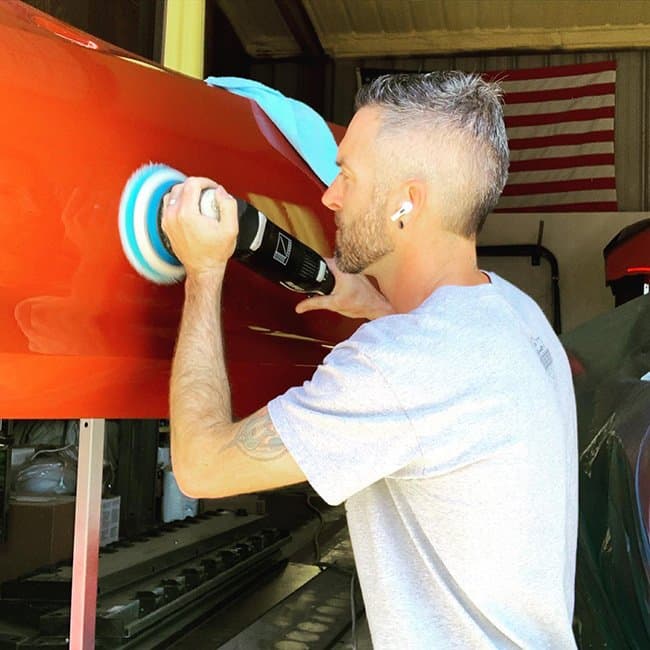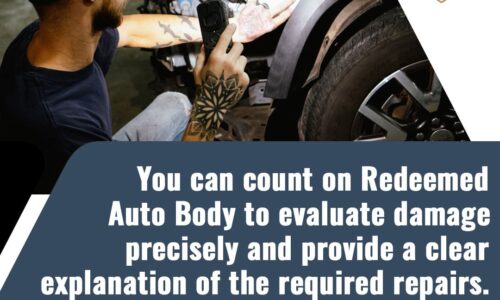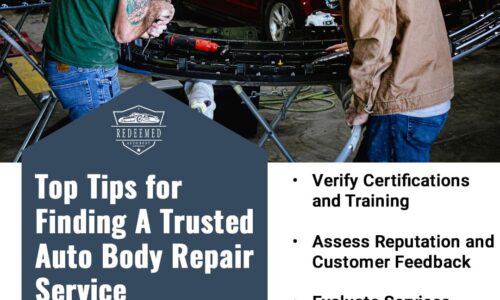Understanding Insurance Companies: The Good, the Bad, and the Ugly

When your car needs repairs, and an insurance company is covering the claim, you might assume they simply pay for the necessary work and that’s it. Well, it’s not always that straightforward. Insurance companies have spent decades figuring out how to minimize their payouts on claims to maintain their profits. Let’s take a closer look at the different practices and behaviors of good and bad insurance companies.
The Reality of Labor Rates
Every auto body shop has its own labor rates, determined by their cost of doing business. Factors such as the size of the shop, certifications, equipment, and overhead costs play a significant role in setting these rates. For instance, a shop with state-of-the-art equipment and factory certifications may charge higher labor rates compared to a smaller, less equipped shop.
Insurance companies, however, often stick to the lowest average labor rate in the area. While a few insurers may match a shop’s specific rates, this is rare. More commonly, insurers insist on paying their predetermined low rates, regardless of the shop’s actual costs. This practice is not only unfair but also unreasonable, especially when a vehicle is at a high-quality shop that charges slightly more for superior work.
Labor rates vary because each shop has different overhead costs and unique circumstances. It doesn’t make sense to expect a top-tier shop that uses factory parts, follows factory procedures, and offers warranties to accept the same pay as a shop focused on cutting corners and providing subpar work.
Communication and Correspondence
The way insurers communicate can vary significantly. Some insurers work closely with shops to reach an agreed price, while others may leave shops and customers hanging, leading to cost deficiencies and tough decisions about covering the gap. Communication methods also differ: some insurers call, others email, and some use video call apps for inspections.
Effective communication is crucial, especially with modern, complex vehicle repairs. Insurers often lack the training on up-to-date repair procedures that shops have, leading to misunderstandings about the necessary work. Quality shops have detailed repair procedures from the original equipment manufacturer (OEM), which can include 20-100 documents outlining needed repairs. Without proper discussion, insurers may perceive shops as overcharging or doing unnecessary work, when the reality is that insurers are cutting corners due to their lack of knowledge.
When insurers don’t make an effort to communicate or understand the required repairs, it usually results in insufficient payments. This forces shops to either absorb the costs or charge the customer the difference. Proper knowledge and communication between shops and insurers are key to ensuring claims are handled correctly, ultimately taking care of the vehicle owner.
The Influence of Advertising
Some insurers spend hundreds of millions, even billions, on advertising annually. They have commercials, sponsor stadiums, and feature celebrity endorsements. I often tell people, “If they have commercials on TV, they might not be the best insurer.” Interestingly, some of the worst insurance companies I’ve dealt with are the ones most visible in town and on TV. Conversely, the lesser-known insurers often provide the best service.
It seems that the insurers most determined to save money on claims are also the ones spending the most on advertising. The next time a big insurance company denies a claim or refuses to pay for necessary repairs, remind them of their multimillion-dollar marketing budget. They might just have the money after all.
Choosing the Right Insurer
These are just a few examples of the different practices and behaviors of insurance companies. When shopping for coverage, remember that cheaper isn’t always better. The “good neighbor” might offer great rates, but it could be you, the customer, who ends up paying for that cheap rate when it’s time for a repair.
In conclusion, understanding the practices of insurance companies can help you make better choices when selecting coverage. Look for insurers that value fair labor rates, effective communication, and a genuine commitment to customer satisfaction. Your peace of mind and the quality of your vehicle repairs depend on it.
Feel free to use this information as a guide when choosing an insurer, and remember to always prioritize quality and fairness over the lowest price. Your vehicle deserves the best care, and so do you.



